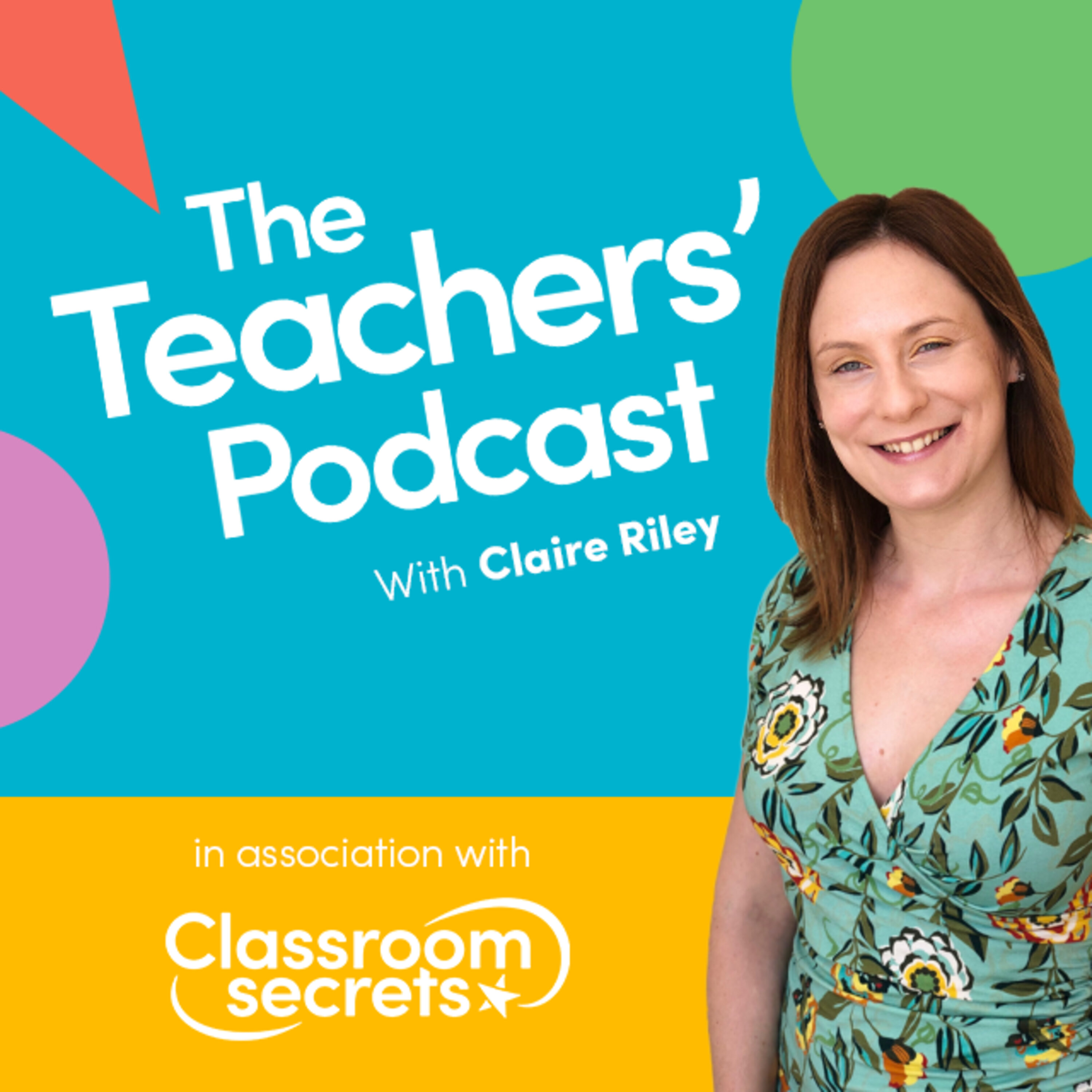Supervision in education: Lisa Lea-Weston, founder of Oak Practice
Description
EPISODE NOTES
In this episode, Claire talks with Lisa Lea-Weston: a drama therapist and the founder of Talking Heads.
As a child, Lisa wanted to be an actor and went on to study drama in London. It was during her time at university that she decided she would go on to study to be a drama teacher. However, during a holiday job where Lisa supported children to access mainstream play schemes, she changed her mind and, instead, turned to working with children and young people with learning disabilities. This helped her learn more about inclusion and welcoming differences.
At that time, Lisa’s manager saw how she interacted and engaged with young people who, for example, had severe autism. Lisa supported them, facilitated their play and engagement with others, and it was here where Lisa decided on a different career. Finishing her drama degree, Lisa then trained to become a drama therapist. Reflecting on the holidays where she had spent time supporting children in the play-schemes, Lisa says it shaped and informed a lot of what she does now in her current role.
KEY TAKEAWAYS
We all partake in ‘mirroring’, whether we realise it or not.
Lisa discusses ‘mirroring,’ both from an initial mother:baby bond, but also from the viewpoint that it continues throughout our lives. The way we might finish someone’s sentences, the way we adopt a similar way of sitting, for example, and how we might intentionally use their voice to make an attachment. As a drama therapist, Lisa is very conscious about what the other person is doing so that she can get alongside them, perhaps mirror her client’s movements, and also repeat some of what they have said.
‘Supervision’ – a distinct and powerful way of working.
Whilst there are similarities to coaching and mentoring, ‘supervision’ isn’t time limited, it’s not for a particular purpose and there isn’t necessarily an end point. Supervision provides a safe space where clients can talk about work: it’s their agenda and there isn’t an expected outcome other than what they might take that needs resolving. Regular sessions help provide Lisa’s clients with an ‘internal supervisor’. That is, the tools and strategies that will help people get through challenging moments and allow them to identify what the issues are that are upsetting and de-stabilising them.
‘Supervision’ plays a part in a successful life/work balance.
Despite the natural reaction of being ‘too busy’ to participate in supervision, it can have such a significant effect on people’s wellbeing. These are the exact times when we do need supervision. Rather than feeling really stressed, overwhelmed and working less effectively, supervision provides a place where you explore ‘clearing’, evaluate your workload and it allows you to go back to work and be really effective and focused.
BEST MOMENTS
“If you think of psychology or counselling, then [drama therapy] is that – you go because something inside of you is in distress, but the language that is available to you isn’t just talking, [it’s also] the creative language, which we all have, and that absolutely includes people with a profound and multiple learning disability…”
“When people get freaked out about drama therapy, which they do and [say] ‘I can’t act’, in 20 years I can still recall the times I’ve used role-play. I don’t use it very often. That’s partly because of the people that I work with because it’s not accessible to them as a language of creativity, but there’s an entire other world of projective play, stories, music, movement, mirroring, connection, achievement, attachment that is available to us and, really, if you unpick any therapeutic relationship, those are the key components and the talking aspect is only another 30% maybe, of what happens in a therapy room. The rest, anyway, is a non-verba
More Episodes
This week I chat with Jane James, the founder of Little Voices, about mental health, children’s activities and performing arts.
In this episode, Jane shares:
Why she is so passionate about performing arts being taught in schools.
The benefits and skills children will get from learning performing...
Published 05/03/22
Published 05/03/22
In this episode, I talk with Alice Westbury about bringing coaching tools and strategies into the classroom. Alice is an education coach who works primarily with young people but a lot of what she shares in this episode is so valuable to those who teach in primary settings.
In this episode,...
Published 04/26/22


